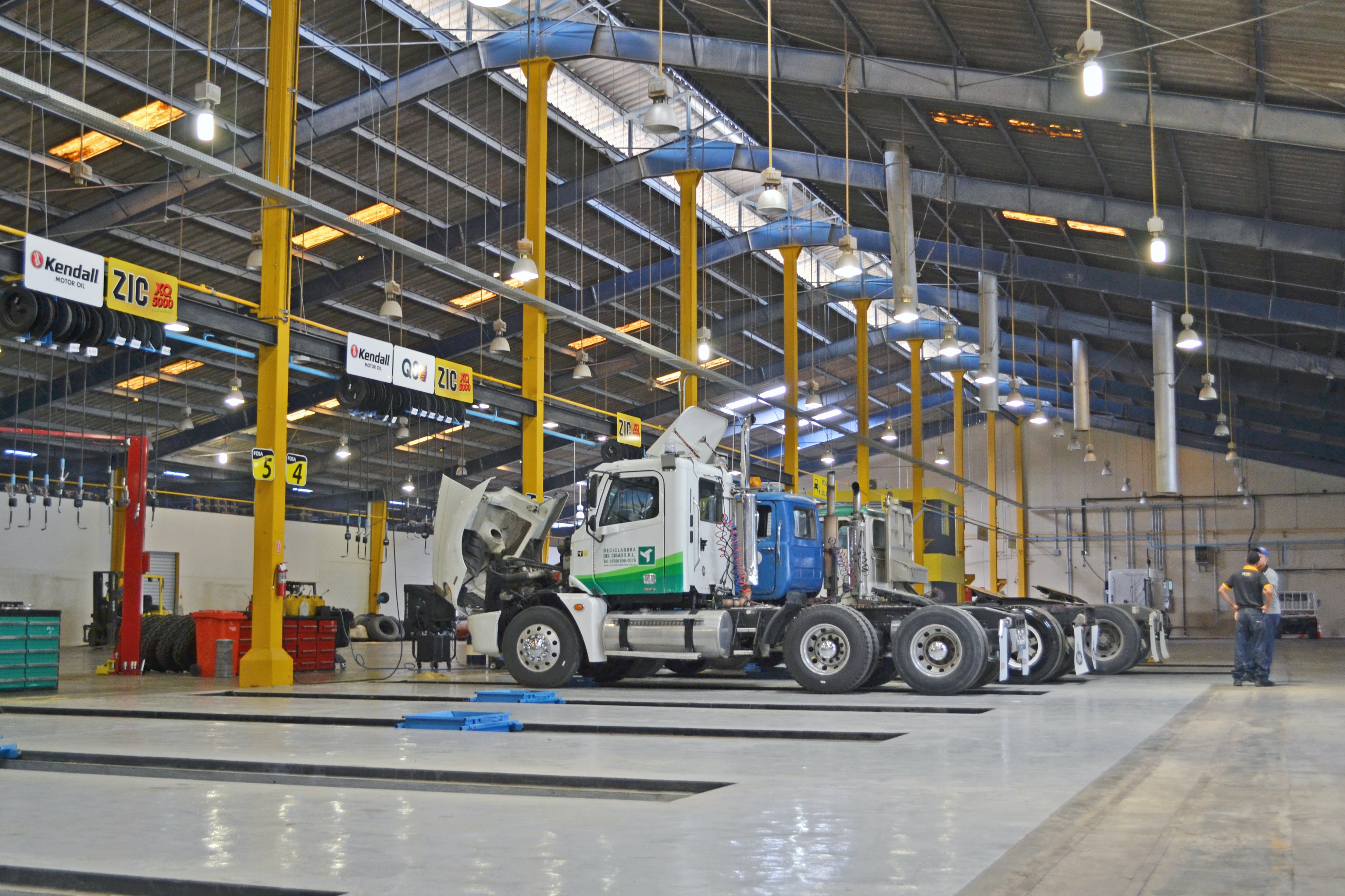Make no mistake: overloading a truck is always a deadly gamble.
Overloading a truck can generate serious consequences in addition to running afoul of weight limits. These limits have been established to ensure truck safety and to remain within the weight limit of bridges and other structural features of highways. According to the information offered by experts in the field, the reasons for not overloading trucks include the following:
- Overloaded Trucks Put Strain on the Truck
Overloading trucks can severely strain the axles and other mechanical truck components. This strain makes the vehicle harder to control and increases the necessary stopping distance. These problems could result in an accident, which might have more deadly results because of the extra weight. - Federal, State, and Local Weight Limits
The federal government has a maximum limit of 80,000 pounds for long-haul trucks. States and local jurisdictions have even stricter limits based on road and bridge capacities. Truck drivers need the experience to distribute the added weight properly, which they are unlikely to get from any training sessions involving illegal weight loads.Overloaded trucks packed improperly are more susceptible to shifting loads, tip-overs, and other driving risks. A poorly packed truck increases the risks of losing cargo, crashing because of shifting loads, losing vehicle control, and injuring other drivers and pedestrians. - Jackknifing
Jackknifing is when trucks swing wildly to the side of forwards because of a heavy, unbalanced load. The action can easily result in a crash with devastating consequences that include losing the cargo. - Increased Pressure
Overloaded trucks increase the pressure on the braking system and tires. This severely compromises truck handling and significantly increases its time to stop the vehicle. As a result, tire blowouts can occur at high speeds, which almost always causes an accident or loss of control. - Poor Performance in Bad Weather
It’s more difficult to control a heavily loaded truck in bad weather. Snow, rain, ice, and high winds make controlling the truck more difficult than ever.
Make no mistake: overloading a truck is always a deadly gamble. Truck injuries can result in long recovery periods of weeks, months, years, or permanent disability.
What is an Overloaded Vehicle?
According to experts’ definitions, an overloaded vehicle is loaded with more weight than the gross vehicle weight rating, abbreviated GVWR. In addition, some weight factors other than cargo weight can force weight beyond the limit. These include heavier axles, trailers, suspension systems, tires, and braking systems.
Controlling Your Vehicle

You must exercise your prerogative as the final arbiter of what’s acceptable or not. That means you have the final say if you think the truck needs service or repair. You will be held responsible for accidents, so you have a duty of care to ensure that you can handle the truck safely in all weather with the load you’re carrying.
Your Duty of Care
Your responsibility for safety is reinforced by regulations that require drivers to ensure that parts and accessories are properly stored where they won’t unbalance weight distribution. In addition, other legislation requires that you refrain from overloading your truck. All these laws strongly reinforce the idea of your ultimate responsibility for safety.
The Federal Motor Carrier Safety Regulations require all company employees to ensure the safety of drivers. That means enforcing policies designed to prevent vehicle overloading and conducting risk analyses.
Minimizing Risk and Liability
Some drivers and fleet supervisors have exemptions from weight restrictions, but nobody has restrictions from operating safe vehicles. That means that you should never operate an overloaded vehicle under normal conditions.
Getting Legal Help on Your Side
It’s important to hire a Virginia truck accident lawyer to represent your best interests if your accident occurred in Virginia. In other words, hire an attorney from the state so you can rely on their legal knowledge, insight, and expertise in such cases. In addition, if you follow regulations and consistently ensure truck safety, your attorney can be your best advocate and make the facts abundantly clear in court.


Join the conversation!